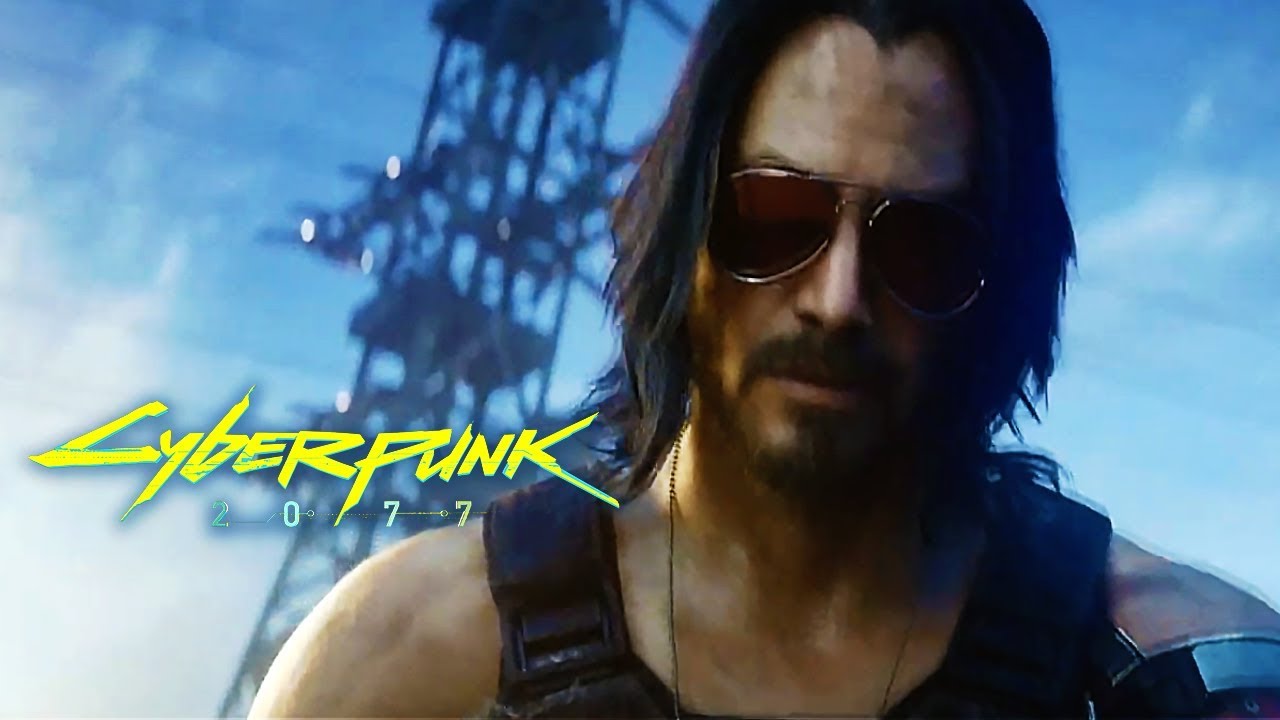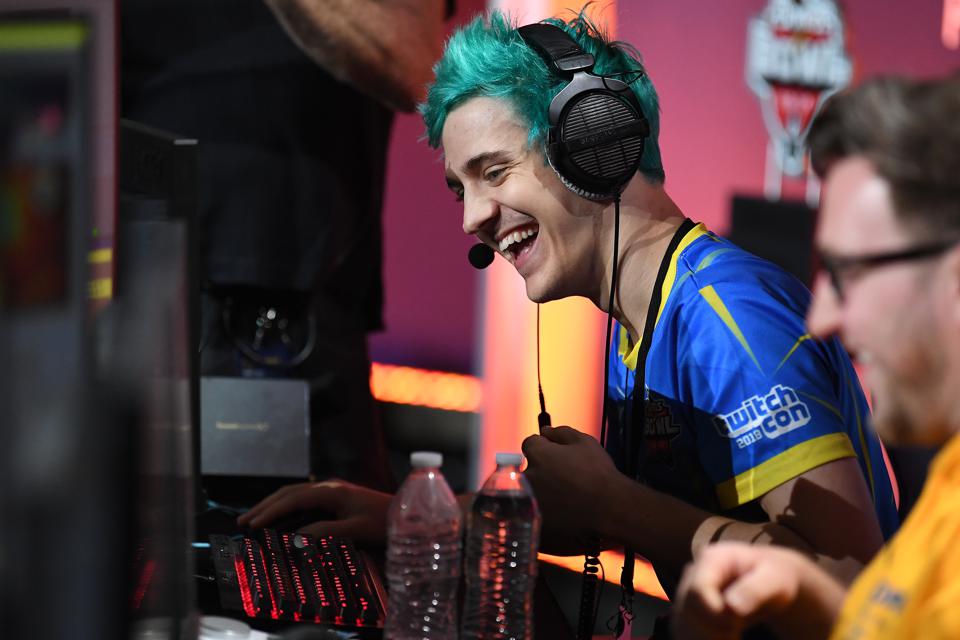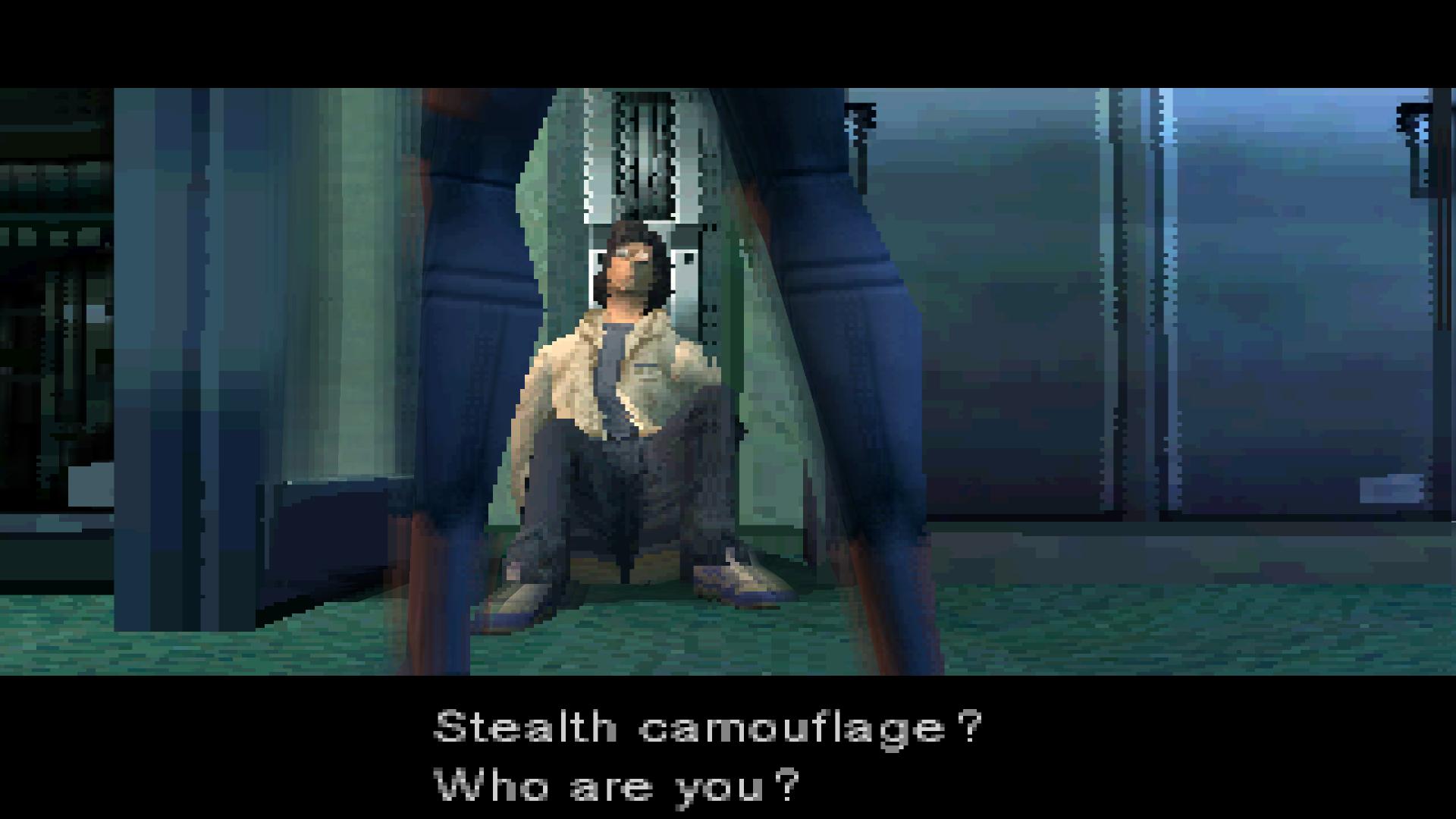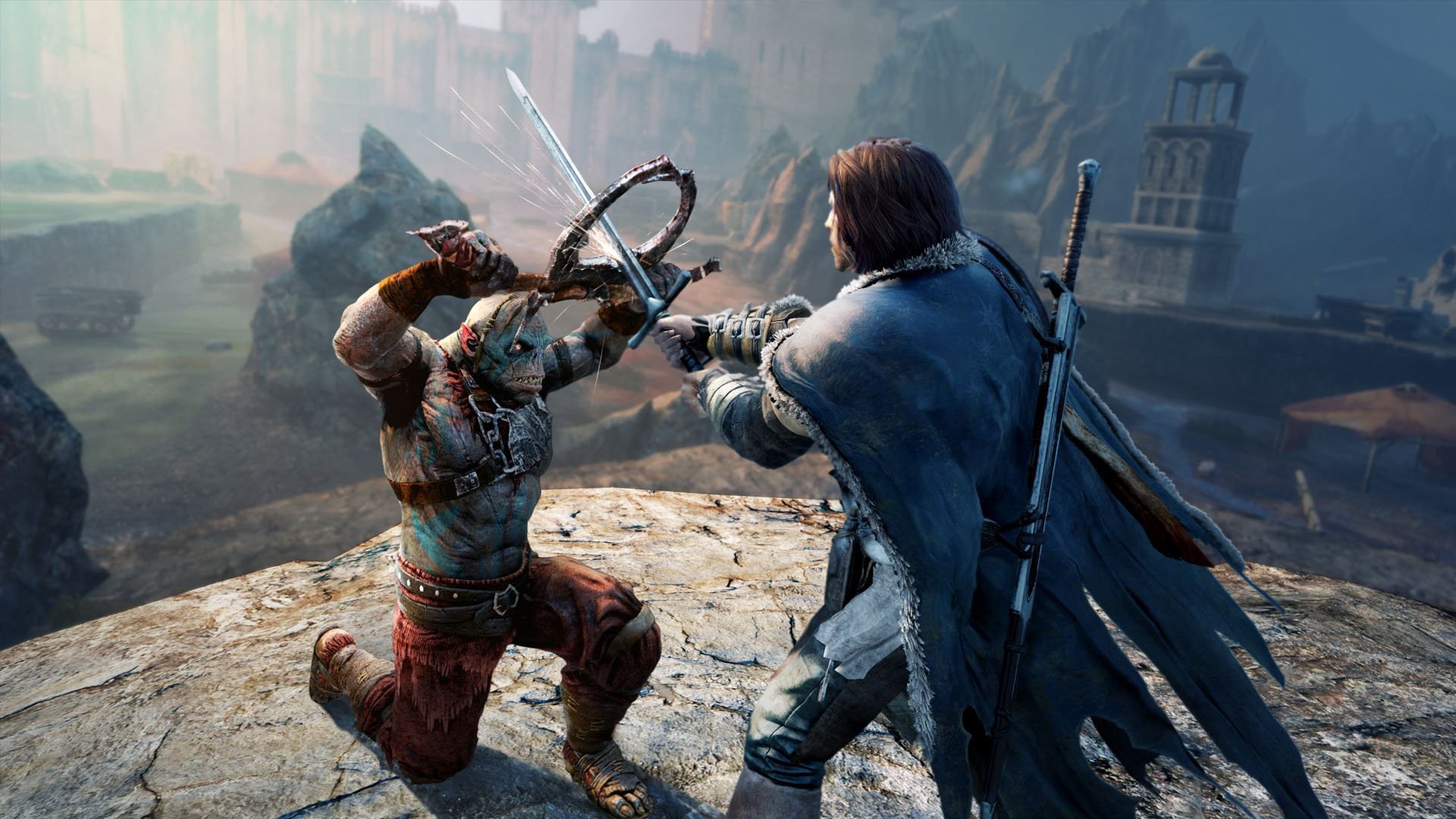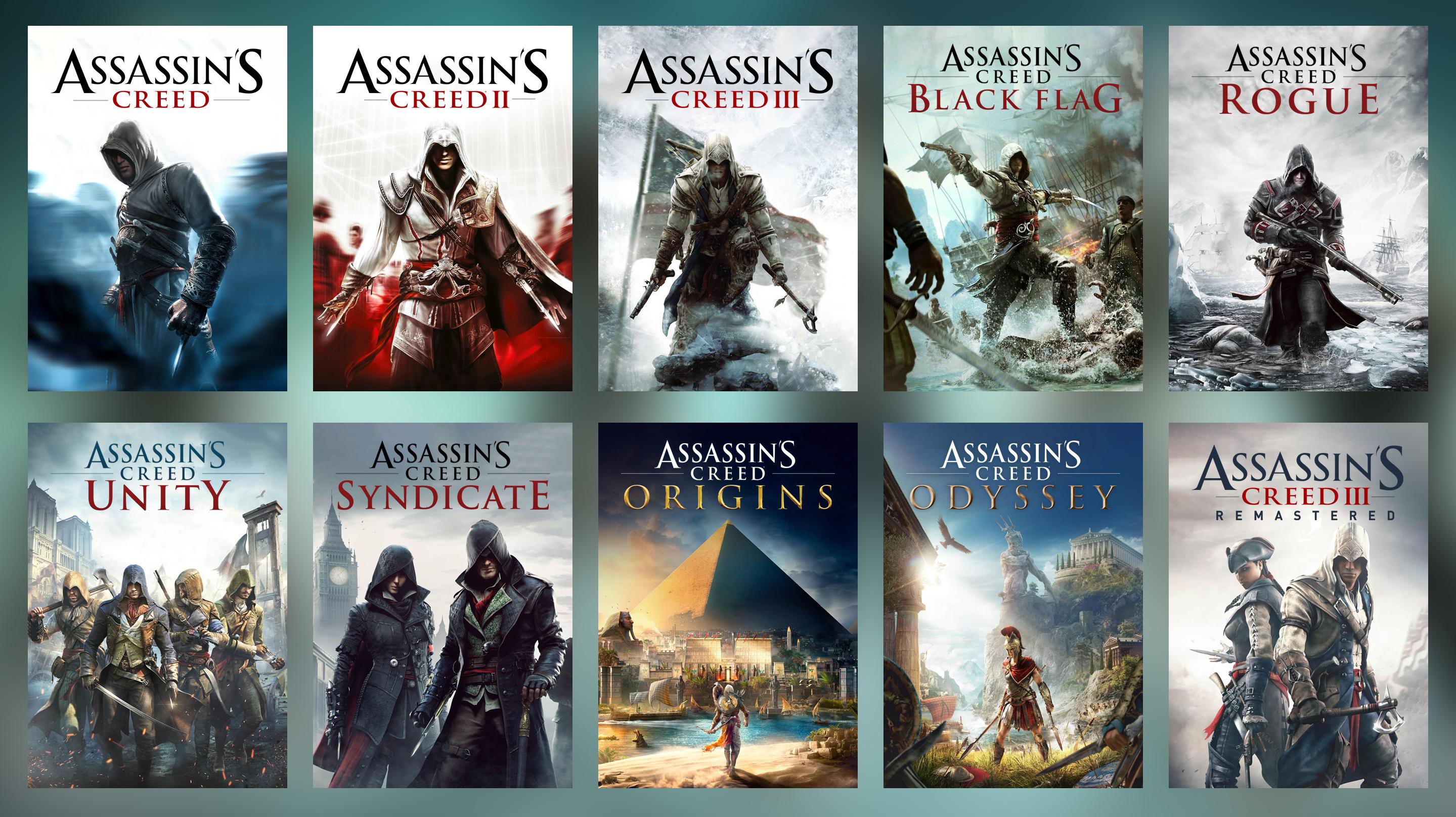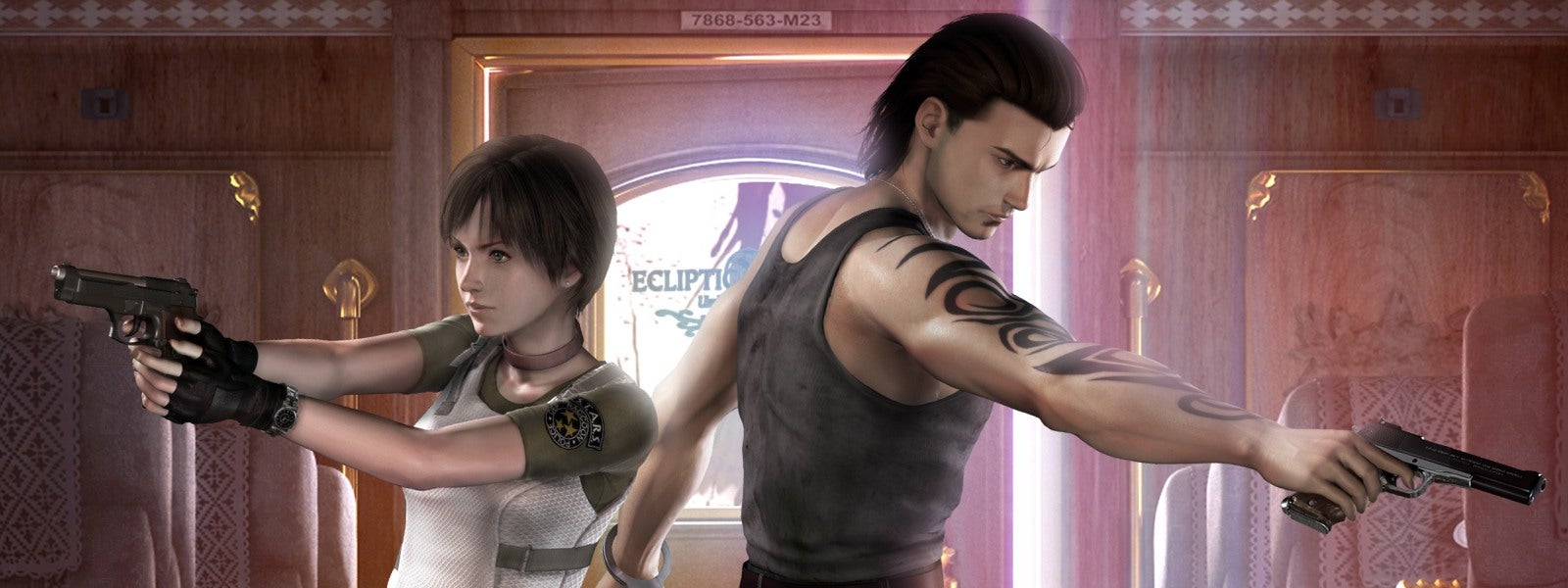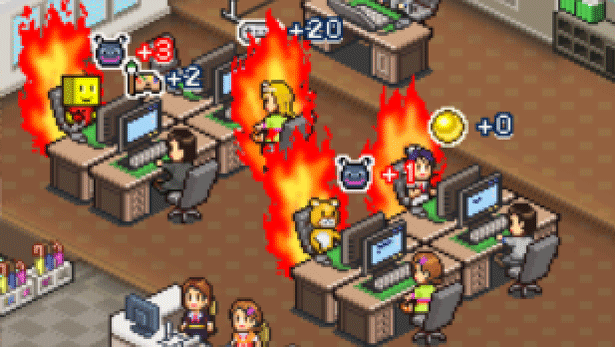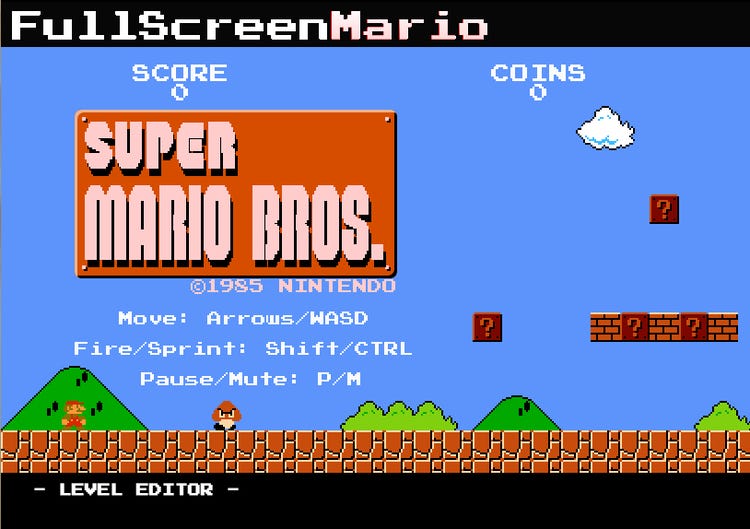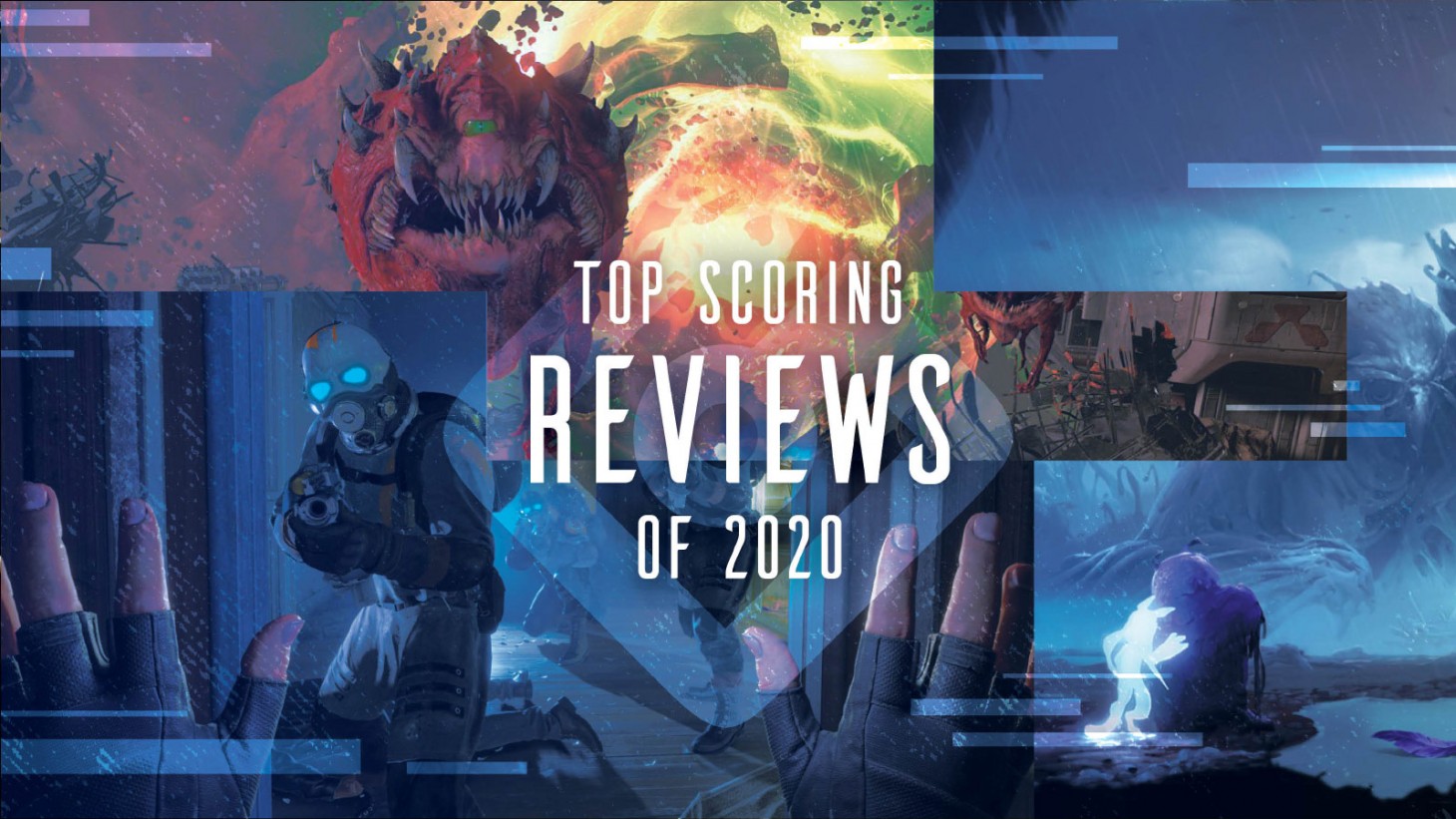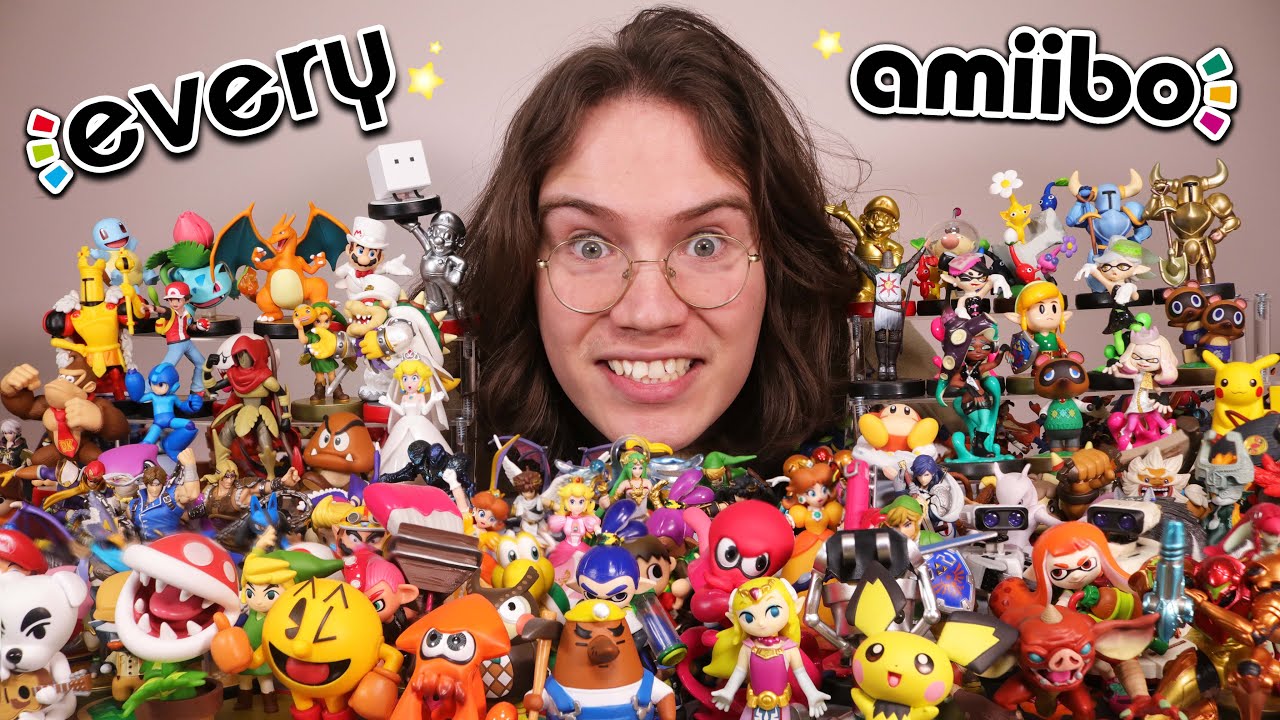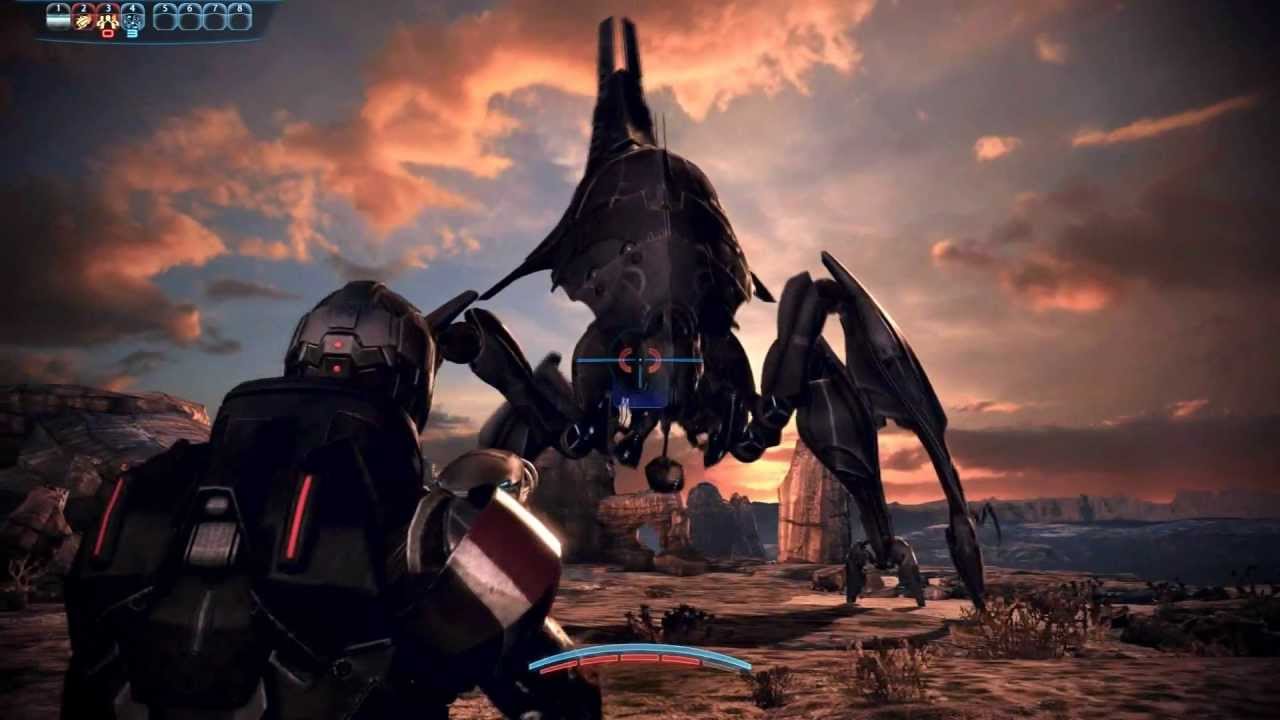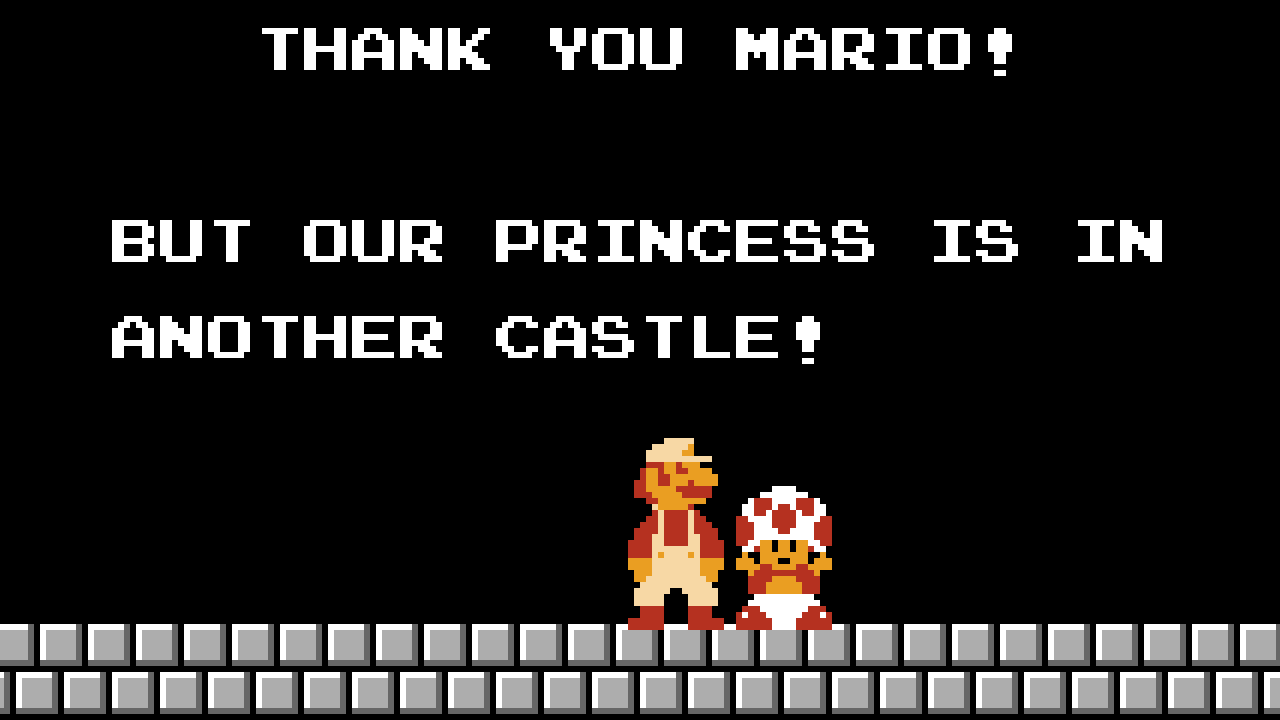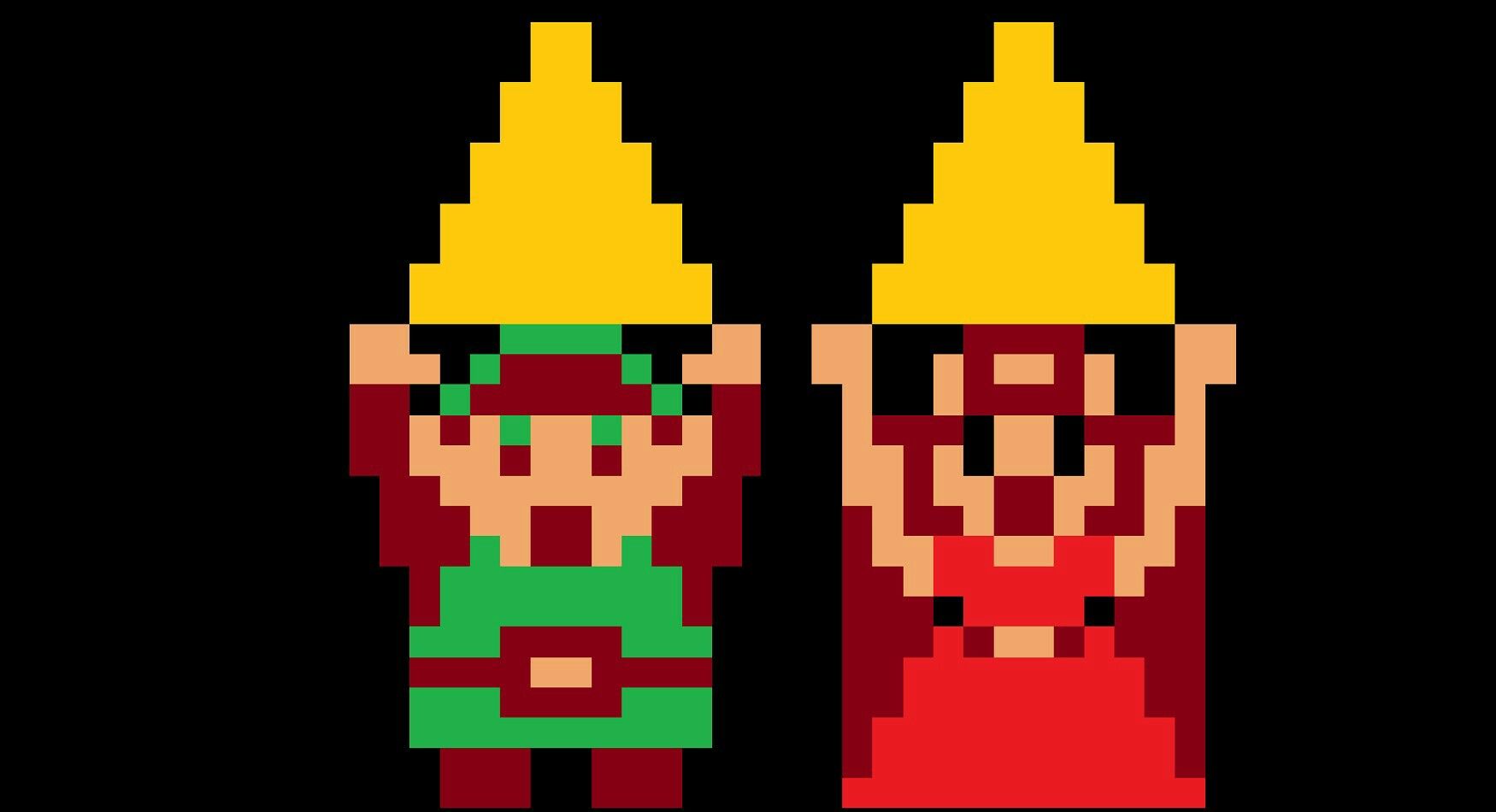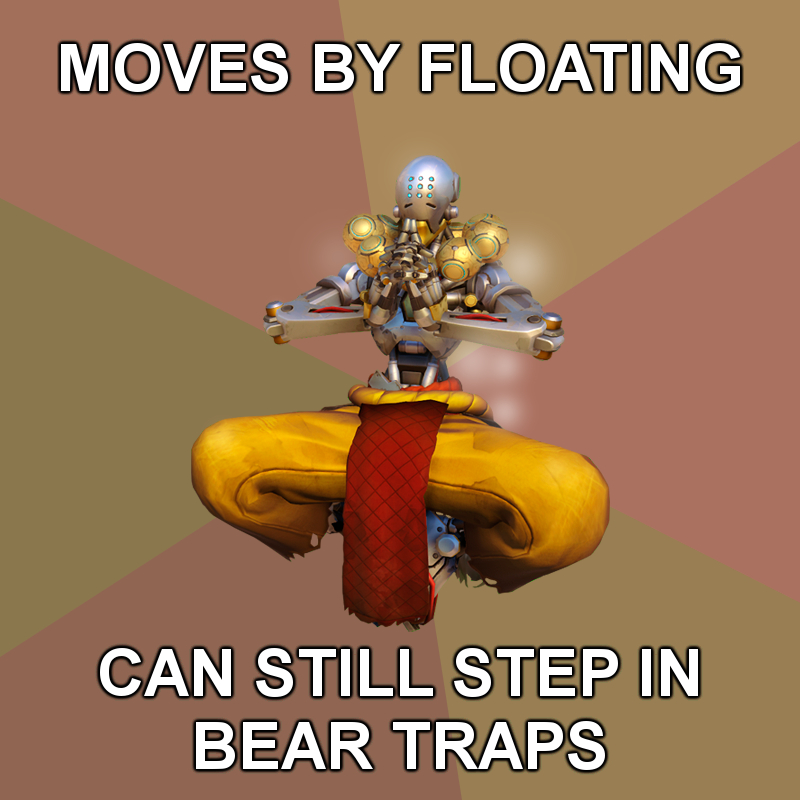Mistakes the Video Game Industry Has Wrongfully Copied from Hollywood
For years, video games and Hollywood have had a symbiotic relationship. And one of the results is that more and more modern movies feel like...
Published 3 years ago in Facepalm
But this influence goes the other way, too. The games industry has learned from Hollywood...unfortunately, the industry has learned all the wrong lessons. Here are a few things devs get wrong!
1
Emphasis On Big Names
If a studio has the money, then a major requirement for any major movie is a famous name to star in it. The assumption is that fans of famous people will flock to the movie out of loyalty.
Now, video games tend to bring in major celebs to frontline games (like Keanu Reeves with Cyberpunk 2077). While that serves to drum up interest, just think about all the other talent that you may never hear. For example, Mark Meer was a relatively unknown voice actor when Bioware decided to take a chance on him for Mass Effect.
If Bioware had just grabbed some sci-fi celeb, that entire franchise would be a complete miss!2
Underestimating the Power of Streamers
When streaming services like Youtube and TikTok were young, most major Hollywood players dismissed the potential. Flash forward to the present day, where many charismatic and creative people use their online following to become a different kind of celebrity altogether.
Generally speaking, the gaming community has benefited immensely from the streaming community. But companies like Nintendo spent years trying to slap streamers down and trying to control their creative output.
Ultimately, both Hollywood and Nintendo had to bow down to the streamers. But looking back, it’s insane to see just how hard these major companies fought against even the smallest channels.3
Boring Cutscenes
In Hollywood, the real golden rule is “show, don’t tell.” But once video games had enough storage capacity, developers leaned too far into full-motion video sequences to add movie-like elements to games.
The days of crappy FMVs are behind us now. But we still have boring cutscenes which are sometimes unskippable. At some point, you have to ask: is this a game with movie-like elements? Or just a movie that occasionally asks you to press buttons?4
Mindless Action
Certain Hollywood movies are built around tight, interlocking scripts. Other films, though, have a thin plot that does nothing more than to get us to the action.
Unfortunately, many games have started going in the same direction. And even when the gameplay is fun, I can’t help but look at games like Middle-Earth: Shadow Of Mordor and think about all the cool franchise lore they overlooked just to give us another few ways to kill random orcs.5
Endless Sequels
In both the games industry and Hollywood, few people want to take a risk on something new. So when a new movie or video game becomes a hit, it doesn’t take long before we get an endless array of sequels.
Every now and then, these sequels take the characters and franchise in new directions. Most of the time, though, it’s just a rushed sequel trying to cash in on the original hotness (we’re looking at you, Force Unleashed II).6
Unwanted Prequels
While the Prequel Trilogy has its defenders, we can pretty squarely blame George Lucas for Hollywood’s fascination with prequels. And it didn’t take long for the games industry to focus on prequels, too.
Every now and then, a prequel game is awesome. For example, Halo: Reach is probably the finest game in the franchise. But most of the time, we get a crappy prequel that doesn’t live up to the original (such as Arkham Origins, Mortal Kombat Mythologies, Resident Evil Zero, etc.)7
Crunchy Development
Movies seem like magic when you’re watching them. But behind the scenes, cast and crew are often working insane hours that keep everyone miserable and sleep-deprived for the duration of the production.
Sadly, games have gone the exact same route. “Crunch” (the cutesy term for development teams working themselves to death) is now the norm for almost every major game. It’s also a major problem with the industry as a whole, which tends to not pay workers nearly enough while trying to grind them to death.8
Shutting Down Fan Projects’
Many Hollywood studios have been surprisingly generous about fan films. But this is starting to change, with Paramount nuking an expensive Star Trek fan project and then establishing guidelines that will shut down (or at least limit) future projects.
Similarly, many gaming giants have gone after fan games with way too much energy and enthusiasm. The worst offender is Nintendo, which has the gall to shut down fan games and sometimes even release their own copycat ideas (like Super Mario Bros. 35, a ripoff of a fan-made royale game that Nintendo shut down).9
Gaming the Reviews
On paper, movie reviews tell you whether a new film is good or not. But the reality is that filmmakers can use review embargoes and critic manipulation to control the narrative. And sometimes, users end up bombarding a movie with fake negative reviews, making sites like Rotten Tomatoes pretty damn useless.
Unfortunately, video game reviews are equally useless. Game sites can’t score major titles too low or they will lose access to future review copies. Furthermore, gamers just assume anything below 70 means this must be the worst game ever made.
How useless are reviews? Most gamers now just choose to watch game playthroughs and make up their own minds!10
All About Merchandising
Movies and merchandising have been intertwined for decades. And the popularity of the Star Wars movies and toys really took this to a new level. Now, a major movie doesn’t seem that important until its toys are lining your local retail stores and fast food joints.
Eventually, video games fell into the merchandising trap. Arguably, Nintendo is the biggest offender. Between the Pokemon card game and the constant stream of Amiibo figures, it seems like Nintendo has really returned to its roots as a toy company!11
Emphasis On Effects
Want to know what the real problem with the new Mortal Kombat movie is? It’s the emphasis on special effects. Some of the ambitious action scenes and moments look like a blurry CG mess.
Big-budget movies tend to lean too much on special effects. Similarly, gamers and devs alike put too much emphasis on things like graphics and frame rate. But as retro and indie gamers have known for a long time, some of the best game experiences are hidden behind graphics that are simply decent.12
The Stakes Are Constantly High
Ever notice how the Avengers are never just saving a random town? In blockbuster Hollywood movies, the threats always escalate until the entire world is hanging in the balance.
However, some of the best movies ever made are quiet stories of human suffering (Chinatown, anyone?). This is true of games, too, but too many developers of AAA titles think players must control the Most Important Character in the Land who is destined to save the lives of countless people.
And just like film lovers, gamers must now turn to indies for those quiet “slice of life” experiences.13
Damsels in Distress
Every medium of storytelling influences the next. And rescuing damsels in distress was a trope of medieval literature, for example, which eventually led to film heroes constantly trying to get the girl.
And, of course, Super Mario Bros. helped to popularize this Hollywood trope for the world of video games. To this day, if a game dares to give a female character any actual agency, the dumbest people you knew in high school will be screeching that it must be a woke game designed only for “SJWs.”14
Emphasis On the MacGuffin
Alfred Hitchcock coined the term “MacGuffin.” This refers to any object (the more mysterious, the better) that the plot of a movie revolves around.
But if directors aren’t careful, MacGuffins can lead to lazy plotting. And sure enough, plenty of games revolve around MacGuffins that don’t make a lot of sense. These might be Crystals in Final Fantasy games, the Triforce in Zelda, and even the courier’s package in Fallout: New Vegas.
Even when the games are great, MacGuffins usually lead to lazy stories.15
“Video Game Logic”
Veteran gamers often like to joke about “video game logic.” This term is reserved for those special scenarios where something could only ever make sense in the context of a game.
But this is a basic concept that Hollywood helped pioneer. How many times have you watched a movie or TV show where heroes instantly figure out an insane riddle or completely bananas plot? Successful shows and movies proved that events don’t have to make sense to audiences as long as they make sense to characters.

